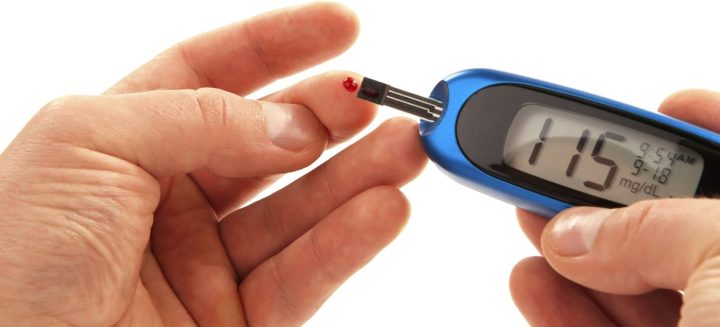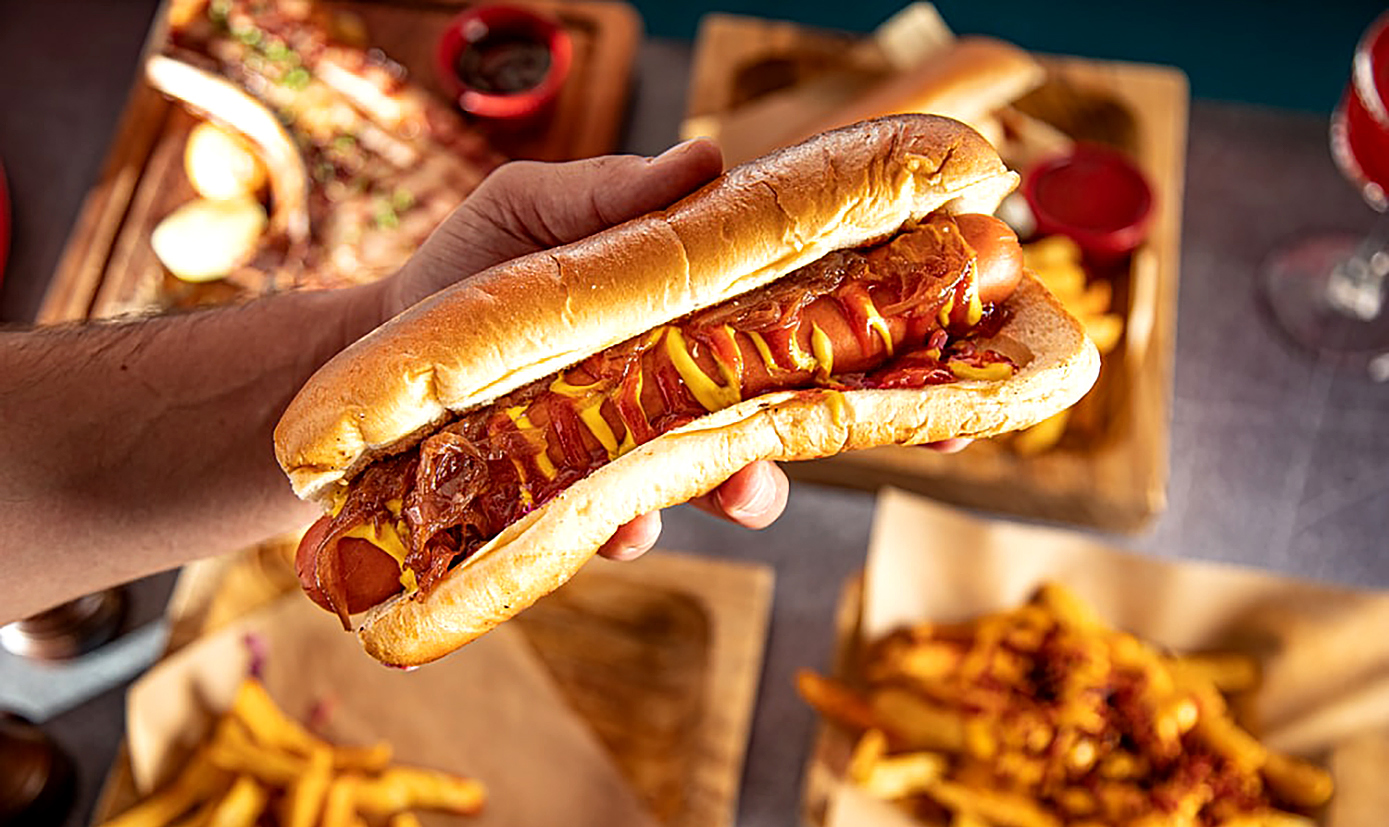BHEKISISA CENTRE FOR HEALTH JOURNALISM OP-ED
Karoo dust, diet and diabetes – why ‘lifestyle disease’ is an unfair label

Diabetes is different from other non-communicable diseases. It can’t be spread in a literal sense – instead, it is often forced upon people by factors beyond their control. What happens when you have no say in your genetics or all you can afford is processed food?
Tekkies, a sheep shearer in his mid-sixties, is patiently waiting in front of U-Save, a low-cost supermarket owned by Shoprite. The shop has become something of a social hub in the Eastern Cape town of Jansenville.
It’s a typical Karoo town. Dusty with lots of churches. But Jansenville’s main export is decadence, whether it’s the white cast-iron frills that decorate Victorian porches, or mohair woven from the silvery locks of the Angora goats that roam the surrounding veld.
Tekkies (not his real name) didn’t move to Jansenville by choice.
His family was forced to relocate in the early days of South Africa’s democracy because the farm they had lived and worked on deep in the rural Eastern Cape was turned into a game lodge.
With the move came a profound change in his diet.
Farm life meant a package of food was delivered weekly as part of his pay. That benefit was gone. He couldn’t grow anything either because he didn’t have any land.
Plus, work was often scarce, so even when the fresh food aisle at U-Save was fully stocked, his wages didn’t always go far enough to buy them.
Processed food was cheaper, so Tekkies relied on that.
A few years after moving to Jansenville, Tekkies was diagnosed with type 2 diabetes, a condition many experts call a “lifestyle disease” – but he didn’t choose his lifestyle; it was forced upon him.
The silent killer
Diabetes affects how well your body can control the amount of glucose (a type of sugar) in the blood.
Your body takes the blood sugars from broken-down food into cells as energy. But the bodies of people with type 2 diabetes have stopped responding well enough to the hormone insulin that makes this trip into cells possible, so the energy never gets to their cells and their blood sugar stays high. The condition, which is most common among older adults, can lead to blindness, heart problems and nerve damage that can result in amputation.
Tekkies is waiting in front of the supermarket for a researcher who wants to ask him about his diabetes and lifestyle.
Alongside genes in some cases, the type and amount of food people eat can also increase their chances of developing the condition.
Red meat, fried and processed food and sugar are bad news. Eating fruits and vegetables, on the other hand, can help to prevent diabetes, research shows.
In South Africa, the number of people with type 2 diabetes is rising quickly. Official diagnoses shot up from 4.5% in 2010 to 12.7% in 2019 – tripling in just nine years.
Even that’s probably an undercount. New research suggests about 8% of people in the country who have diabetes don’t know about it.
This brings me back to Tekkies.
His diabetes diagnosis may not have been directly caused by the move to Jansenville, over which he had no control. Tekkies was getting older, and he may have been at risk of developing diabetes for a while. Possibly, he was only diagnosed in town because he had better access to a clinic. Perhaps, he has the genetic wiring to make him more likely to develop diabetes.
Still, I believe Tekkies’s story holds important lessons that should inform how we think about so-called lifestyle diseases such as diabetes.
I can see how that label came to be.
“If we can get this message across, we empower people to change.” I’m sure that’s what well-intentioned people thought at the time.
All the person with diabetes would have to do is change the way their family eats, start exercising more, perhaps lose some weight, and voilà, your “lifestyle condition” is fixed.

Diabetes is different from other non-communicable diseases, the author says. It can’t be spread in a literal sense – instead, it is often forced upon people by factors beyond their control. What happens when you have no say in your genetics or all you can afford is processed food? (Photo: Unsplash)
But it’s just not that easy to eat the right food and exercise for the required 30 minutes a day, five times a week. If it were, we’d all be walking around in perfect health.
Just like Tekkies, most people in South Africa don’t choose cheap food because they don’t care about their health. Exercise isn’t that simple either – particularly for women who live in unsafe areas. As for losing weight, that’s frowned upon in some cultures.
Although diabetes is a non-communicable disease (NCD), some of the factors that make people more likely to develop it are communicable, meaning it can spread from one person to another.
Analysts at the actuarial consultancy Percept agree: “Diabetes is often framed as the consequence of poor lifestyle or health choices, but many of the risk factors are more a function of environment than personal choice.”
Tekkies’s story was included in two of Percept’s reports on NCDs in South Africa.
Read in Daily Maverick: “Covid-19 hit diabetics with a double whammy and revealed deadly gaps in South Africa’s health system”
While diabetes doesn’t spread from one person to the next in the same way a virus does, the circumstances that contribute to diabetes certainly have a “communicable” social aspect to them.
People in the same household are likely to eat similar foods based on how much money there is, and family traditions and preferences also influence what you eat. This could put people in the same household at a similar risk of developing diabetes.
So, Tekkiess did not get diabetes as a consequence of poor choices, nor did he “eat his way” into the condition on purpose, as people like him are unfairly accused of doing.
What could he really have done to eat a healthier diet?
Defeating diabetes: what’s the plan?
South Africa has a brand-new action plan to fight NCDs including diabetes, heart disease, mental illness, lung diseases and cancer.
The document is drawn up in the same way as the country’s HIV plan. The HIV plan aims to ensure 90% of people with HIV know their status, 90% of people who know their HIV status are on treatment, and 90% of people on treatment are virally suppressed by the end of 2022. That means there’s so little of the virus in their blood that they can no longer infect others. The Joint United Nations Programme on HIV/AIDS has increased these three goals to 95% by 2030.
But the NCD plan’s goals are not quite as bold: by 2027, 90% of adults will know whether they have high blood pressure or high blood sugar, 60% of people who know they have high blood pressure or blood sugar will be treated, and half of those who are treated for hypertension or raised blood sugar will have their condition under control.
These are worthy targets – particularly given that they are the first diabetes targets South Africa has set. But I worry that we’ll struggle to reach them without changing the way we treat the people this plan is designed to help.
We need to stop playing the blame-and-shame game when it comes to type 2 diabetes.
I have been running South Africa’s largest online diabetes community, Sweet Life, for 11 years. I have seen first-hand that people who feel supported, heard and understood are far more likely to make positive changes in their lives – that’s what true empowerment looks like.
People aren’t inspired to change if they feel judged and sidelined.
How about, as a first step, we stop calling diabetes a lifestyle disease? Then, we change the messaging to say that everyone should be eating healthier food and exercising a little each day.
I’m sure we’ll get through to more people that way. MC/DM
Bridget McNulty is the co-founder of Sweet Life, South Africa’s largest online diabetes community, and has been living with type 1 diabetes for 14 years. She is also a published author and co-founded the Diabetes Alliance and SA Diabetes Advocacy.
This story was produced by the Bhekisisa Centre for Health Journalism. Sign up for the newsletter.






















 Become an Insider
Become an Insider
Comments - Please login in order to comment.